We are delighted to invite nominations for ChemComm Emerging Investigator Lectureship 2015. The Lectureship, which is awarded annually, will recognise an emerging scientist in the early stages of their independent academic career.
To qualify
To be eligible for the ChemComm Emerging Investigator Lectureship, the candidate should have completed their PhD on or after 4th September 2006. The candidate should also have published at least one article in ChemComm during the course of their independent career.
Lectureship details
The recipient of the Lectureship will be invited to present a lecture at three different locations over a 12 month period. It is expected that at least one of the locations will be a conference. The recipient will receive a contribution of £1500 towards travel and accommodation costs. S/he will also be presented with a certificate and be asked to contribute a ChemComm Feature Article.
Nominations
Those wishing to make a nomination should send the following details to the ChemComm Editorial Office by Monday 8th December 2014:
- Recommendation letter, including the name, contact details and website URL of the nominee.
- A one page CV for the nominee, including their date of birth, summary of education and career, list of up to five independent publications, total numbers of publications and patents and other indicators of esteem and evidence of independence.
- A copy of the candidate’s best publication to date (as judged by the nominator).
- Two supporting letters of recommendation from two independent referees. These should not be someone from the same institution or the candidate’s post doc or PhD supervisor.
The nominator and independent referees are requested to comment on the candidate’s presenting skills.
Please note that self nomination is not permitted.
Selection procedure
The ChemComm Editorial Board will draw up a short-list of candidates based on the information provided by the referees and nominator. Short-listed candidates will be asked to provide a supporting statement justifying why they deserve the Lectureship. The recipients of the Lectureship will then be selected and endorsed by the ChemComm Editorial Board, and will be announced in Spring 2015.
Previous winners
| 2014 |  |
Xinliang Feng (Technische Universität Dresden, Germany) for advanced organic materials |
| 2014 |  |
Tomislav Friščić (McGill University, Canada) for organic chemistry |
| 2014 |  |
Simon M. Humphrey (University of Texas, USA) for inorganic chemistry |
| 2013 | 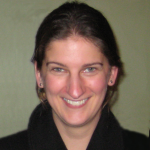 |
Louise A. Berben (University of California Davis, USA) for synthetic and physical inorganic chemistry |
| 2013 | 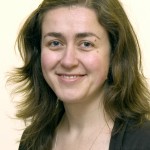 |
Marina Kuimova (Imperial College London, UK) for biophysical chemistry |











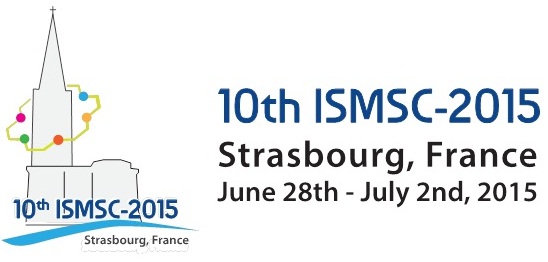
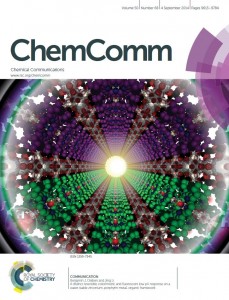
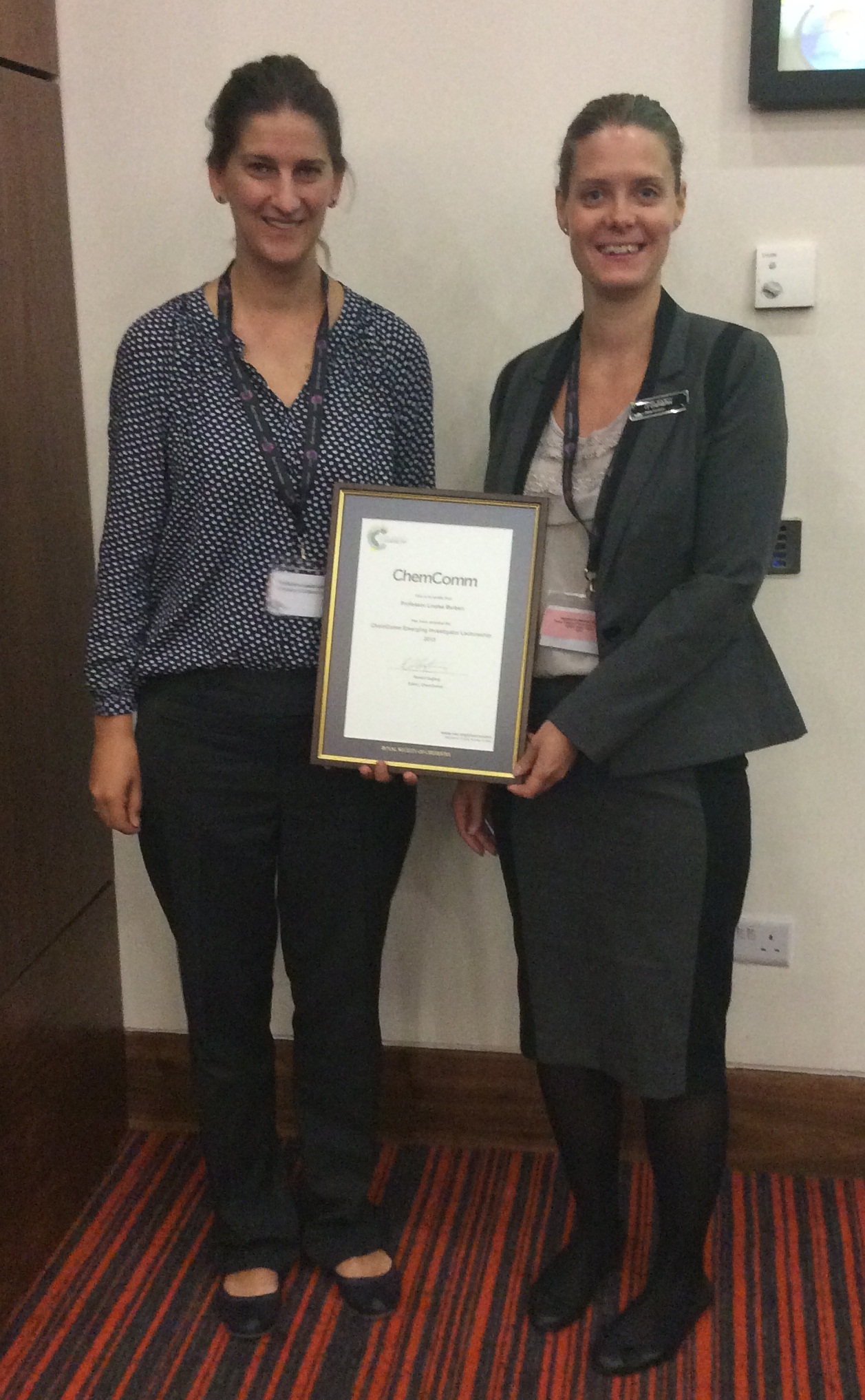
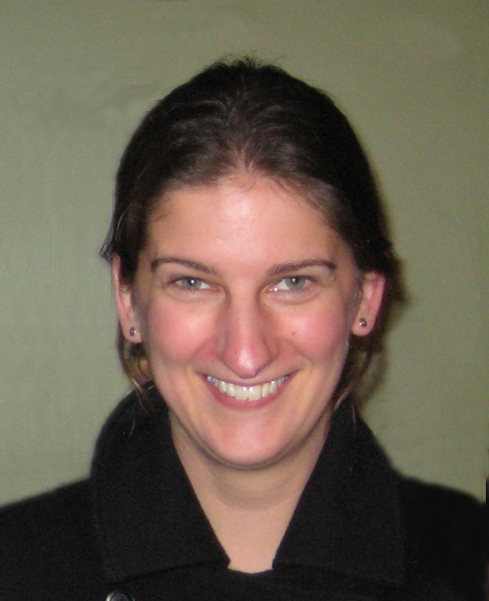
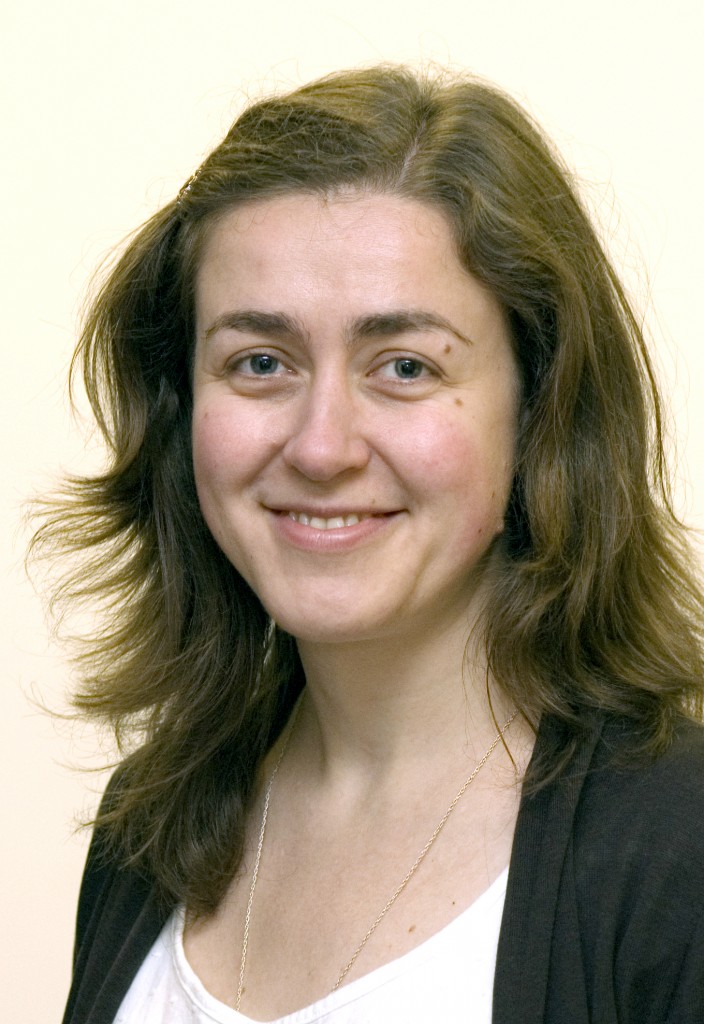
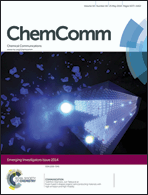
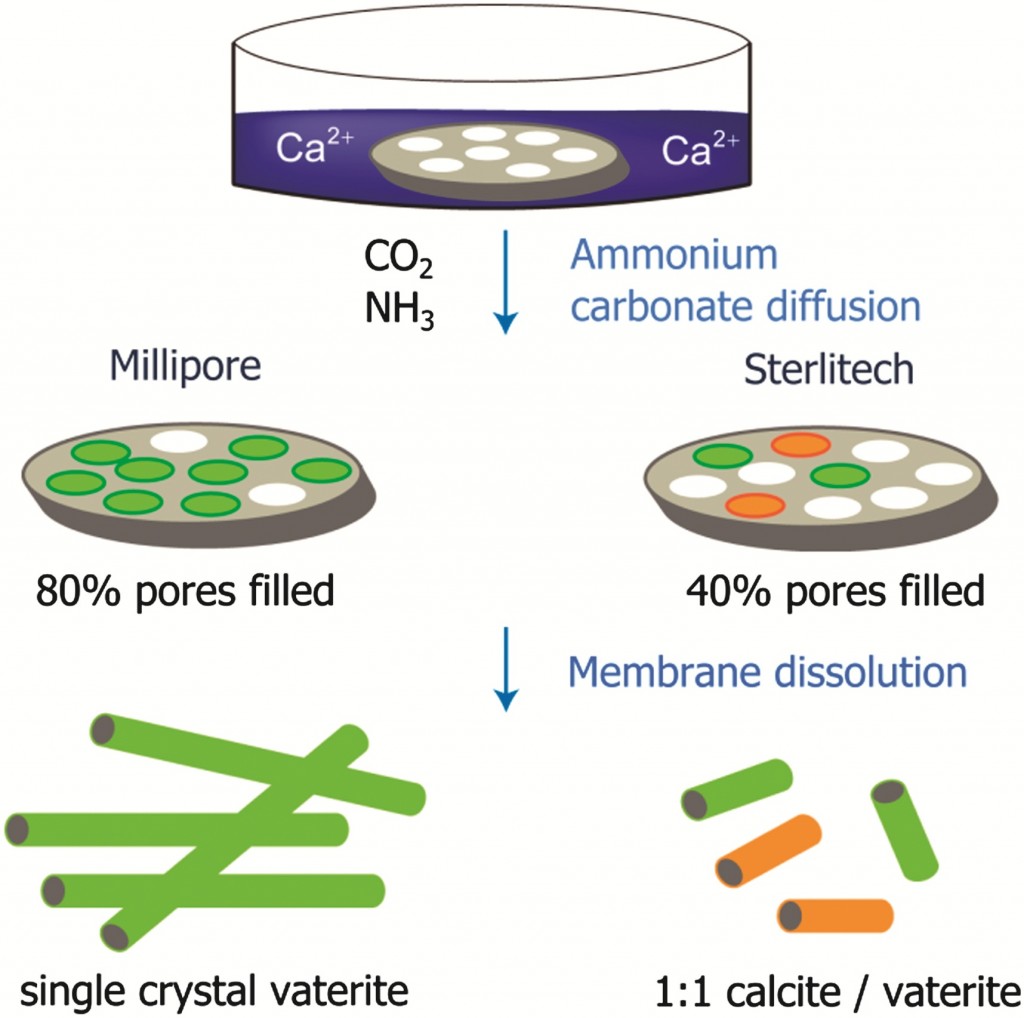
 On Wednesday evening, the 2014 RSC Haworth Memorial Lecture will be delivered by
On Wednesday evening, the 2014 RSC Haworth Memorial Lecture will be delivered by